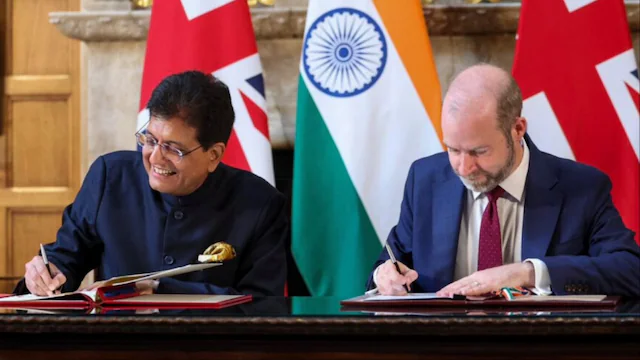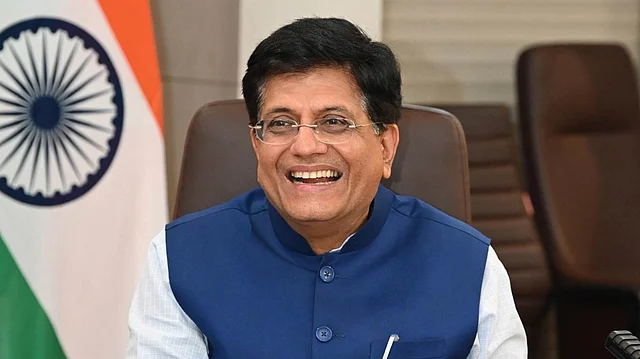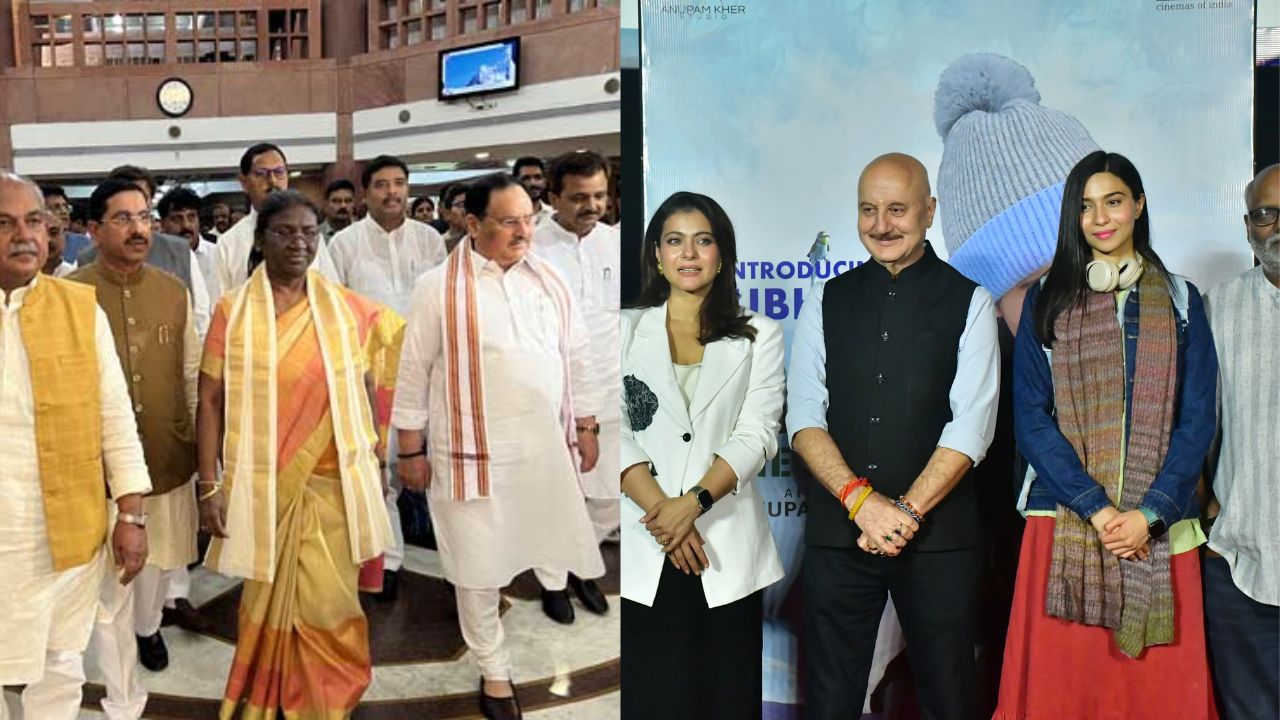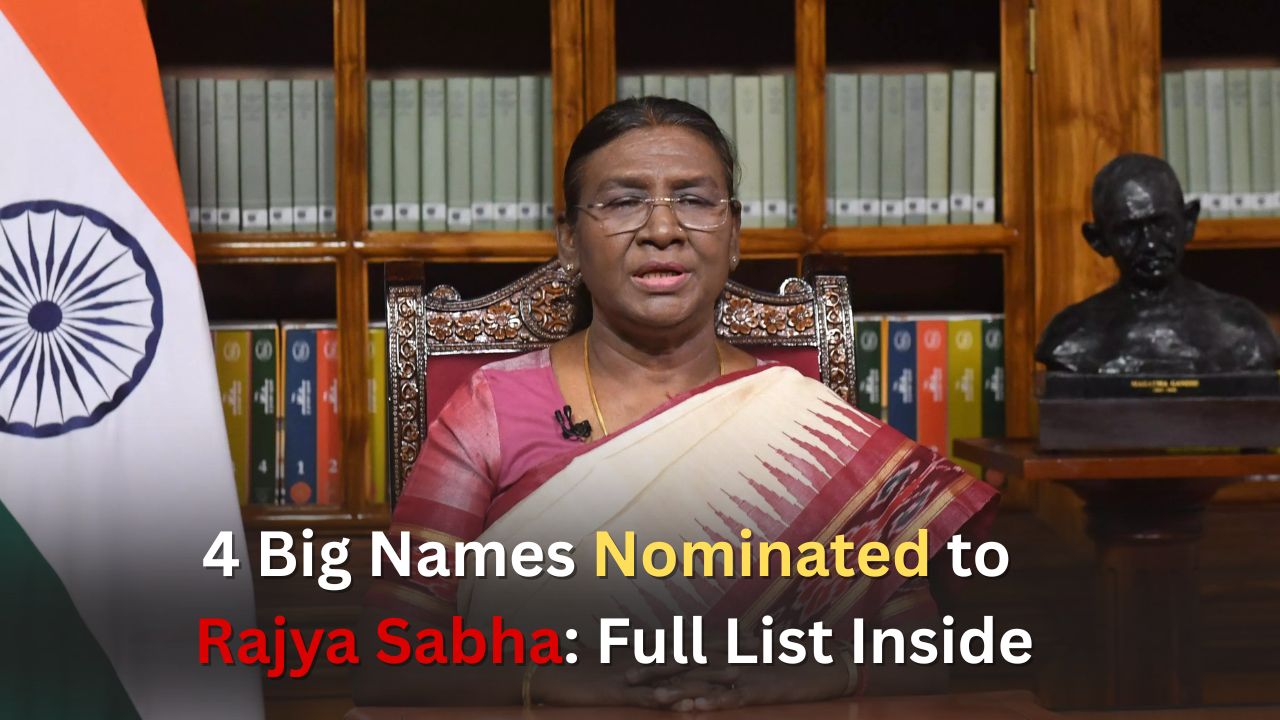India–UK Free Trade Deal to Be Enforced Soon
India and the UK finalize their landmark FTA, aiming to double trade by 2030.

Government Greenlights FTA with the United Kingdom
The Indian government has officially approved the long-anticipated India–UK Free Trade Agreement (FTA) this month. Commerce Minister Piyush Goyal confirmed the decision and called it a strategic milestone in global trade. Meanwhile, the UK Parliament is reviewing the agreement and will complete ratification shortly. Because both governments support the deal strongly, implementation is likely to begin by mid-2026. Businesses in both countries now have time to adjust their supply chains and documentation accordingly. Clearly, this FTA represents a turning point in India’s economic engagement with the Western world.
Agreement Covers Key Exports and Reduces Major Tariffs
The deal eliminates tariffs on 99% of Indian exports, including garments, leather, rice, and spices. Simultaneously, it phases down duties on 90% of British exports such as Scotch whisky and auto parts. This creates vast opportunities for Indian manufacturers and British suppliers alike to expand cross-border operations. Because tariff reduction is gradual, companies must prepare cost models in advance for product-level changes. Additionally, digital trade and data standards are part of the broader regulatory framework. These benefits together make this deal among India’s most comprehensive trade pacts to date.
Opens Professional Access for Skilled Indian Workers
Beyond goods, the agreement opens smoother mobility for Indian professionals in sectors like wellness, architecture, and tech. Indian chefs, yoga instructors, and financial consultants will receive easier work visas and mutual qualifications. Meanwhile, the UK also benefits from enhanced tech talent and business service partnerships with Indian firms. Since visa rules become simpler, businesses can expect faster project deployment and workforce transitions. Also, Indian students and professionals gain more clarity around short-term stays and recognition. Therefore, the FTA extends beyond commerce—it supports stronger people-to-people ties.

Trade Target Set to Double by 2030
Both governments estimate trade volume will increase from $56 billion to $120 billion by 2030. Because this deal spans sectors like food, pharma, and aerospace, long-term commercial growth is highly likely. Additionally, small and medium enterprises (SMEs) will benefit from simplified customs and regulatory documentation.
Exporters can now plan long-term market entry with confidence, avoiding sudden changes in policy or cost. With rising bilateral cooperation, Indian businesses see this as a stable platform for Western expansion. Overall, the agreement will shift India’s role in the global economy meaningfully.
Experts Predict Rollout by Mid-2026
Despite UK parliamentary procedures still ongoing, experts believe the final rollout will occur by mid-2026. Goyal mentioned that both sides are aligning final text translations, schedules, and implementation frameworks. Meanwhile, Indian exporters are already exploring marketing and distribution opportunities in British markets. On the UK side, retailers and distributors are examining revised price lists and tariff timelines. Because both nations have stable leadership, the agreement will not likely face political delays. This sets the stage for a smooth, efficient, and timely rollout within the next fiscal year.
New Era of Strategic Economic Partnership Begins!
With this FTA, India enters a powerful new chapter in Western market access and trade diplomacy. For Indian exporters, professionals, and students, this agreement offers long-awaited ease and transparency. Additionally, UK investors are watching India’s consumer markets closely for strategic growth opportunities. As timelines get finalized, both sides must now prepare legally, financially, and logistically. Since the agreement ensures fairness and progress, it will likely inspire future trade pacts across Europe. Clearly, this deal is not just economic—it’s deeply strategic.




